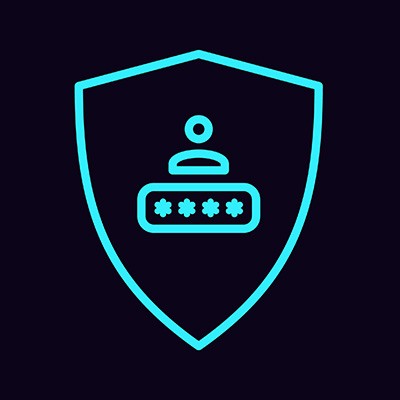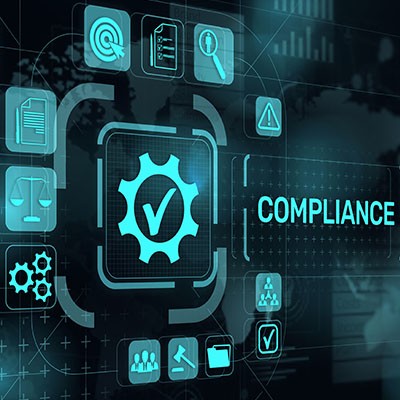Many market analysts and industry experts foresee an increase in the cost of hardware. We recommend that you take matters into your own hands to dodge the price hike and purchase your new IT now before it costs you more to do so. The implementation of any proposed tariffs could impact the market as early as February 2025, so we wanted to discuss what you should consider when purchasing new hardware today.
The primary reason for training employees on cybersecurity is to protect the organization from online attacks. But there are many other reasons you should embark on security awareness training. It is also important for customer reassurance, employee wellbeing, and, our topic for this post, cybersecurity compliance and risk reduction.
Why is Cybersecurity Training Important in Compliance and Risk Reduction?
There are both direct and indirect correlations between cybersecurity training and regulatory compliance. For example, many regulatory agencies explicitly require businesses to conduct regular security policy training or data protection training for all employees. Failure to comply with this requirement would cause fines and other sanctions.
It saves you from penalties and other sanctions.
Depending on your industry, and your business location, there are some cybersecurity regulations that you would have to comply with. Some cybersecurity compliance regulations are HIPAA, PCI DSS, SOX, NYDFS, GDPR, NIST, CMMC, and many more. Failure to comply with these requirements would put your system at serious risk. But also, you might have to face steep penalties and hefty sanctions, including legal action.
It helps avoid a range of other errors.
Inadequately trained employees are more vulnerable to phishing and social engineering attacks. They might even unknowingly violate policies and handle data poorly, which could lead to a range of compliance errors. Proper training can help avoid all this.
It encourages alertness and vigilance.
Unique cybersecurity training strategies like simulated attacks will boost retention and make employees more alert for looking out for cyber threats. It also ensures compliance with the Cybersecurity Framework developed by the National Institute of Standards and Technology (NIST) and, though not a legal requirement, is one of the best risk management practices.
It emphasizes the need for encryption and data security.
Data confidentiality and risk mitigation are crucial aspects of data privacy training for meeting compliance demands, especially with encryption, data sharing, and access controls.
It makes for improved compliance audits.
Cybersecurity training ensures not only that your organization passes compliance audits but also that it does so with flying colors. When all employees receive security regulation training, there is a higher chance of getting an exemplary audit report.
It lets regulators gauge your level of cybersecurity compliance.
A good training program comes with participation monitoring and various metrics for evaluating its effectiveness. All this is useful for regulators to check your organization’s compliance with cybersecurity requirements.
It creates a robust security culture within your organization.
The existence of a regular training program shows your staff that you are serious about cybersecurity and encourages everyone to take the best individual steps toward maintaining a high level of protection. It minimizes the risk of insider threat.
It keeps everyone updated on the latest security practices and compliance standards.
Online threats continue to evolve every day, so compliance standards need to adjust as well. Regular training ensures that your entire organization is trained on all the latest advances, always keeping you compliant.
It encourages top management to prioritize cybersecurity compliance mandates.
With a solid understanding of the importance of compliance and liability, top executives will be more attentive to enforcing mandates on cybersecurity and data protection.
Final Thoughts on Cybersecurity Compliance
Often, cybersecurity compliance may seem like just another routine requirement in the workplace, but it has a significant impact on many aspects of the business, as you have just seen.
Has your data been hacked? Download our Infographic, “The Top 10 steps to take if you think you have been hacked.” If you’d like, call us and we can talk about how we can customize data security for your unique needs!
If you want to know more, just let us know and we will be happy to give you a free consultation!




















